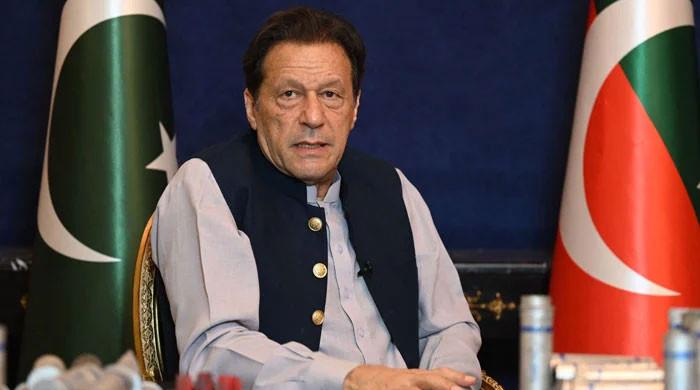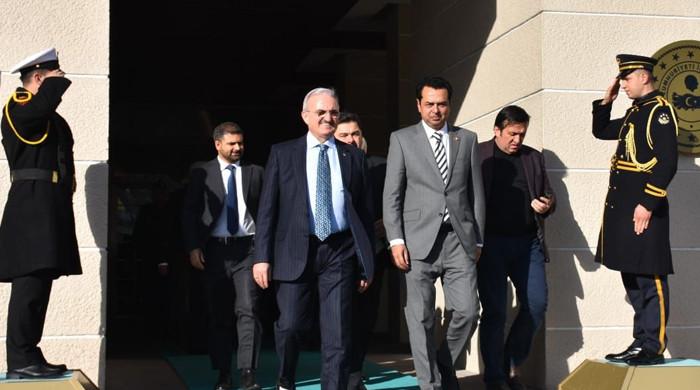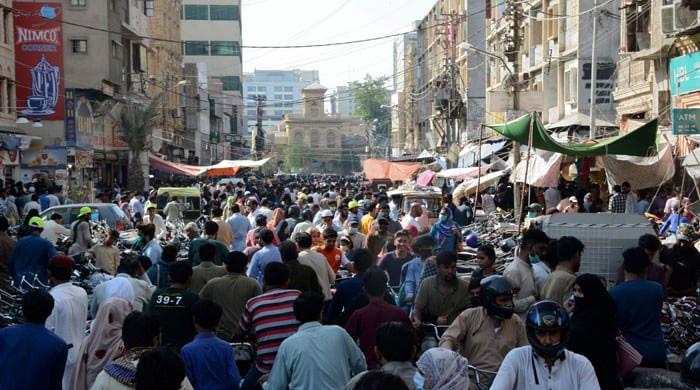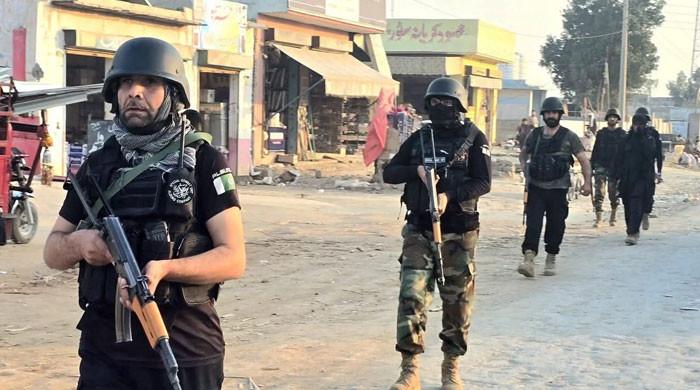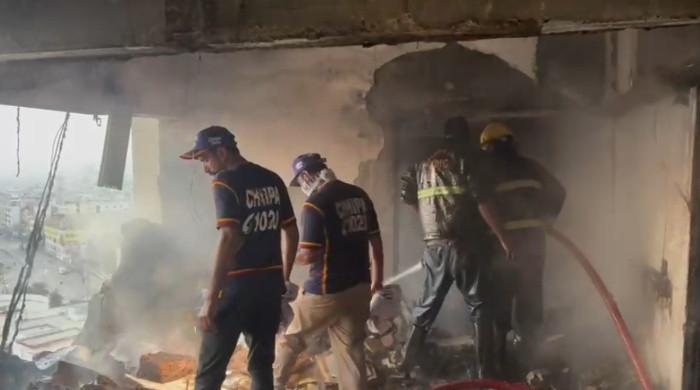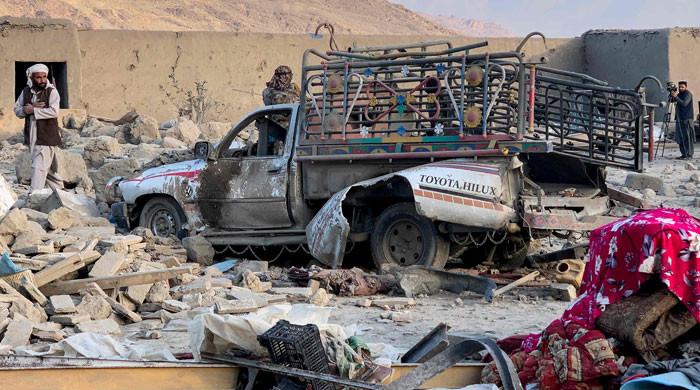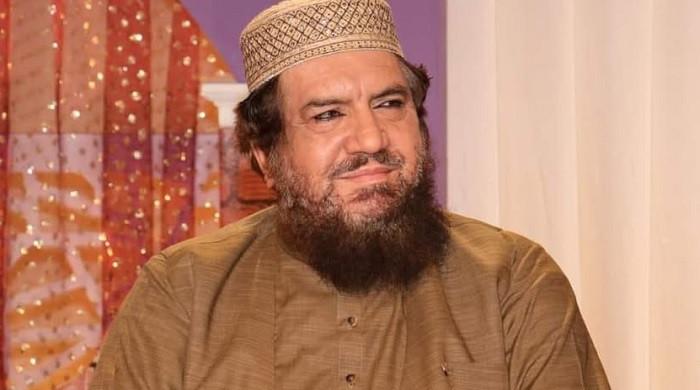Who will lead the Panama Leaks investigation team?
There are three additional-director generals at the FIA headquarters, but it is unclear if any of them have experience of investigating white collar crime
April 25, 2017
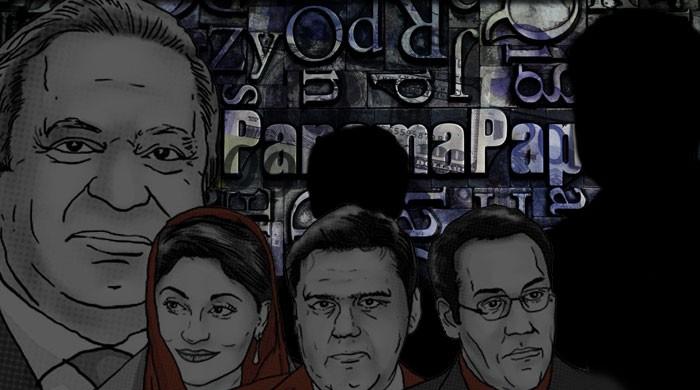
ISLAMABAD: The Joint Investigation Team (JIT) ordered by the Supreme Court will be convened by the end of this week. Its job will be to further probe the assets, offshore holdings, and money transfers of the prime minister and his sons.
But who would lead this high-profile investigation?
According to officials of the Federal Investigation Agency (FIA), that person would be Wajid Zia, a grade 20 officer of the Police Service of Pakistan. Zia is currently serving as the additional director general of the agency.
On Thursday, the apex court directed the formation of a six-member probe team. By its orders, the team will be headed by a senior officer of the FIA who should not be below the rank of additional director general. The other five members would be:
i) A representative of the National Accountability Bureau (NAB)
ii) A nominee of the Security & Exchange Commission of Pakistan (SECP) familiar with money laundering and white-collar crimes
iii) A nominee of the State Bank of Pakistan (SBP)
iv) A seasoned officer of the Inter-Services Intelligence (ISI) nominated by its director general
v) An officer of the Military Intelligence (MI) handpicked by its director general
There are three additional-director generals, including Zia, working at the FIA headquarters in Islamabad. In its 540-page verdict the court requires the officer leading the team to possess "firsthand experience of investigation of white collar crime and related matters." It is unclear if any of the three men meet the requirement.
Besides Zia, the other additional director general is Captain (r) Ahmad Latif. Both him and Zia joined the police service together in 1988. Latif is currently in charge of the agency's anti-corruption wing, while Zia overlooks its immigration department.
By some accounts, Latif could land the coveted job of probing the prime minister owing to his background. He is a retired military officer who hails from Sindh. But these two facts could also go against him.
If the government has its way, it would not want a JIT where the uniformed men are more in number and are led by a man not from the prime minister's home province.
Latif, say those close to him, has been vocal about not wanting the job. The retired officer is not keeping well due to his diabetes and wants to steer clear of anything too pressing.
As for Zia, he is originally from the Murree Tehsil in Rawalpindi. Coincidentally, he is also a blue-eyed boy of Interior Minister Chaudhry Nisar Ali Khan.
Zia is known to be a religious man and an upright officer. Earlier, he served in the Ministry of Religious Affairs. "He is honest but weak," one of his colleagues, who asked not to be named, tells Geo.TV. "He can't say no to his superiors."
Like Latif, he, too has no experience investigating white-color crimes in Pakistan. If Zia lands the stint, he would require the help of experts from within the agency.
It is also important to mention Dr. Shafiq-ur-Rehman, the third additional director general and a grade 19 officer. He is the least likely to make the cut as he was rejected, twice, by the Central Selection Board (CSB) for promotion to grade 20.
Above all three men is Muhammad Amlish, the director general of the FIA. He would be retiring on May 31. But before that, Amlish will choose the man to lead the court's JIT.
Interestingly, the interior minister directly oversees matters of the FIA. However, reportedly, Nisar and Amlish are not on talking terms. The rift developed in May 2016 during a meeting at the Interior Ministry. Nisar berated the FIA chief using a media report about the lack of changes within the agency. The argument soon turned heated as Amlish offered to resign if the minister was not satisfied with his performance. Since then, the agency chief has remained uninvited or missing from meetings with the interior ministry. Instead, Zia is sent as the FIA representative.
Only time will tell if Amlish would consult the prime minister secretariat and the interior ministry before choosing the lead investigator or assert his own authority.




